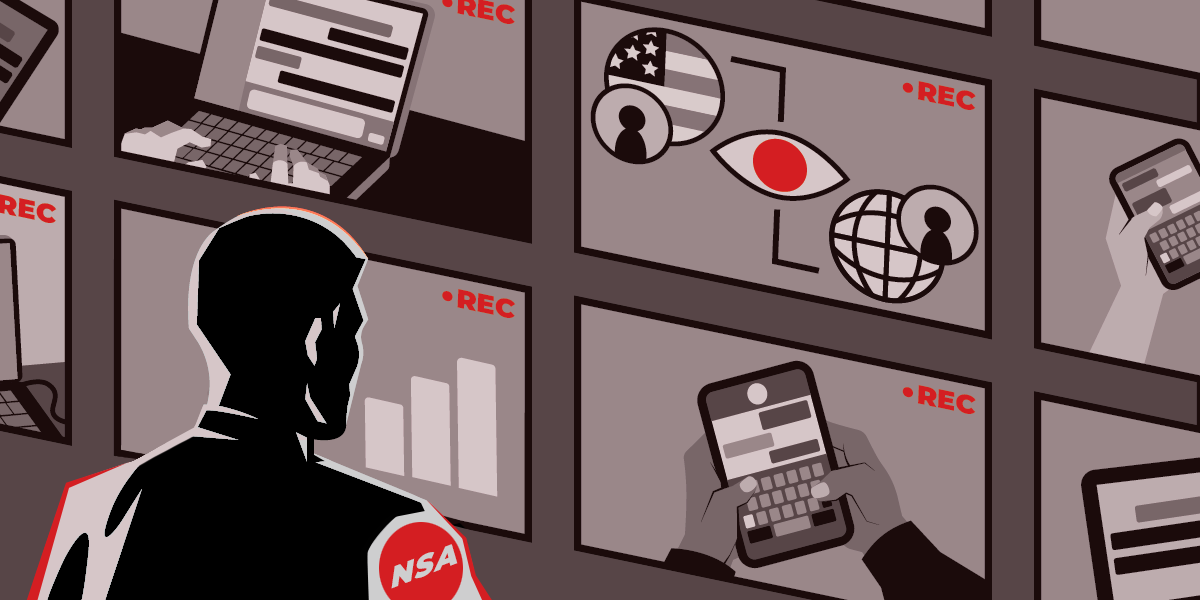
The Configuration Crisis and Developer Dependency on AI
We’re so glad you’re here. You can expect all the best TNS content to arrive Monday through Friday to keep you on top of the news and at the top of your game.
Check your inbox for a confirmation email where you can adjust your preferences and even join additional groups.
We’ve been saying forever that there are three hard problems in computer science; or maybe two if you like the off-by-one joke. But naming and cache invalidation pale in comparison to the really hard problem nowadays: configuration. As our IT infrastructure grows ever more modular, layered and interconnected, we deal with myriad configurable parts — each one governed by a dense thicket of settings. All of our computers — whether in our pockets, on our desks or in the cloud — have a bewildering labyrinth of components with settings to discover and fiddle with, both individually and in combination. We join these computers to form networks of unfathomable complexity governed by yet more settings.
If your day job is in IT you are also a provider of tech support for friends and family, and that job isn’t getting any easier, either. Last month, when my wife asked a question about strange text message behavior on her phone, I got that sinking feeling you’re probably familiar with. Sure enough, it turned into a multi-hour hair-pulling ordeal. Until then, I’d been blissfully unaware of the whole RCS (Rich Communications Service) fiasco. What I think happened is that Google convinced my wife to install its RCS-enabled Messages app on her Android phone in addition to the native Samsung Messages app that was already there. I’ve been an iPhone user in recent years, so I wasn’t very fluent in general Android configuration, nevermind the specific pathologies that arise when two installed messaging apps are fighting with one another.
Leave a Comment
Related Posts





















/cdn.vox-cdn.com/uploads/chorus_asset/file/25842651/STK093_GOOGLE_B.jpg)


